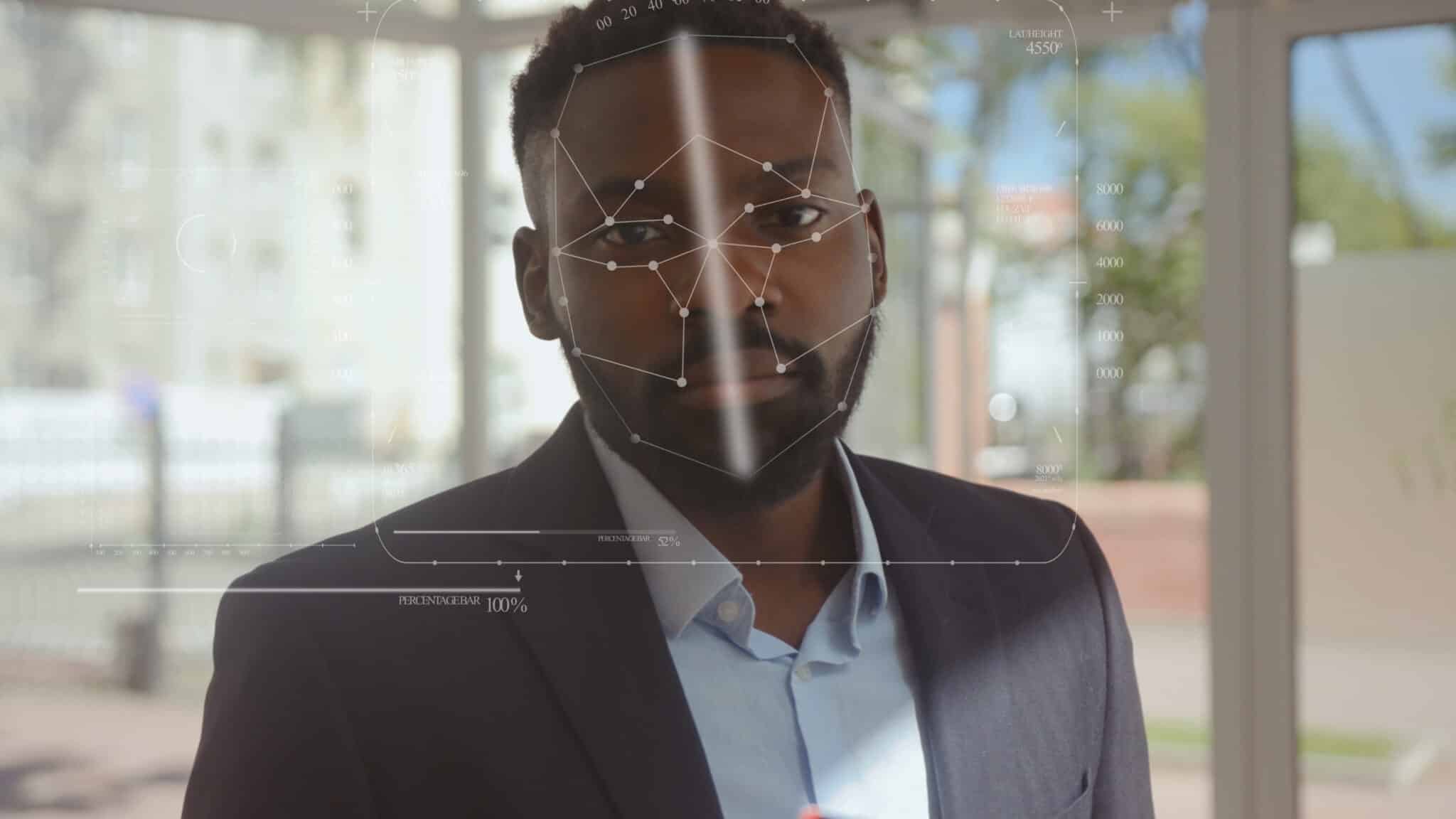Should police use facial recognition technology? Two-thirds of Milwaukee’s Common Council says no. An article in the Milwaukee Journal-Sentinel says 11 of 15 alderpersons signed a letter opposing use of the facial recognition technology by the Milwaukee Police Department, citing concerns about bias and potential overreach.
Milwaukee police currently don’t have a facial recognition system – but they want one, and have tested the technology. They say it makes solving crimes faster, and “can be done with the appropriate parameters in place to ensure that the use will not violate individual civil rights.” They say it would not be, and had never been, used as exclusively as probable cause to arrest someone. They have pledged to engage in public consultation as part of any formal acquisition process.
Nonetheless, the Common Council’s letter, written “in strong opposition to the deployment of facial recognition technology by the Milwaukee Police Department,” says that “while we understand the desire to enhance public safety and the promises people have made for this emerging technology, we believe these benefits are significantly outweighed by the risks.”
The letter names potential overreach by the administration of President Donald Trump as a risk factor, as well as studies showing that the majority of facial recognition algorithms are more likely to misidentify people with darker skin, women and the elderly (though the most accurate algorithms show very low differentials in testing by the National Institute of Standards and Technology).
The American Civil Liberties Union of Wisconsin has asked the Milwaukee Common Council to adopt a two-year pause on any new surveillance technology across city services, including police.
There is also activity on facial recognition further south. New Orleans is debating concerns Project NOLA, a local nonprofit that manages a nationwide crime camera network for police. A hearing is set to determine whether Project NOLA’s decentralized facial recognition integration should be banned, regulated or brought under New Orleans’ municipal authority.
Police are continuing to use Project NOLA, but have paused the receipt of real-time, AI-generated facial recognition alerts.
Idemia wants dialogue and testing on FRT, Biometrics Institute wants consistency
Idemia Public Security has released a position paper on facial recognition for law enforcement. The document includes summaries, best practices and how it defines fairness. For Idemia, the proof is in the pudding: “fairness is provided by design in Idemia Public Security’s identification algorithms, as has been demonstrated by independent public evaluation of their performance by NIST.”
Idemia’s overall takeaway is that, “by focusing on factual and constructive dialogue, we can ensure that FRT applications are developed and implemented responsibly.”
Also taking a position on facial recognition and law enforcement is the Biometrics Institute. A press release from the organization summarizes a recent conversation that brought together members, policymakers, and industry experts to address the mounting concerns surrounding FRT, and particularly live facial recognition in public spaces such as retail environments and live events.
Topics addressed include “the complexities of obtaining informed consent in publicly accessible spaces, where continuous monitoring raises significant privacy concerns,” as well as “the lack of mandatory independent testing, not only of the technical accuracy of FR systems but also of the surrounding infrastructure and policies.”
Isabelle Moeller, CEO of the Biometrics Institute, says “we need firm guidance on how to achieve a successful and positive implementation that will stand up to third party scrutiny. What should a Privacy Impact Assessment for FRT use in publicly accessible spaces look like to meet regulatory challenges? When is the use proportionate and how do you explain to citizens how their data is managed?”
Related Posts
Article Topics
biometric identification | biometrics | Biometrics Institute | criminal ID | IDEMIA | Milwaukee Police Department | police
Latest Biometrics News
The winners of the African Digital Identity Hackathon, organized by Carnegie Mellon University Africa’s Upanzi Network, took the stage during…
The European Commission has issued a call for feedback on the EU Business Wallet, a digital identity wallet intended for…
Making digital identity useful is one of the key themes of ID4Africa’s 2025 AGM in Addis Ababa, Ethiopia, and a…
A survey of recent content on biometrics and the global gambling industry reveals a growing sector that needs strong identity…

